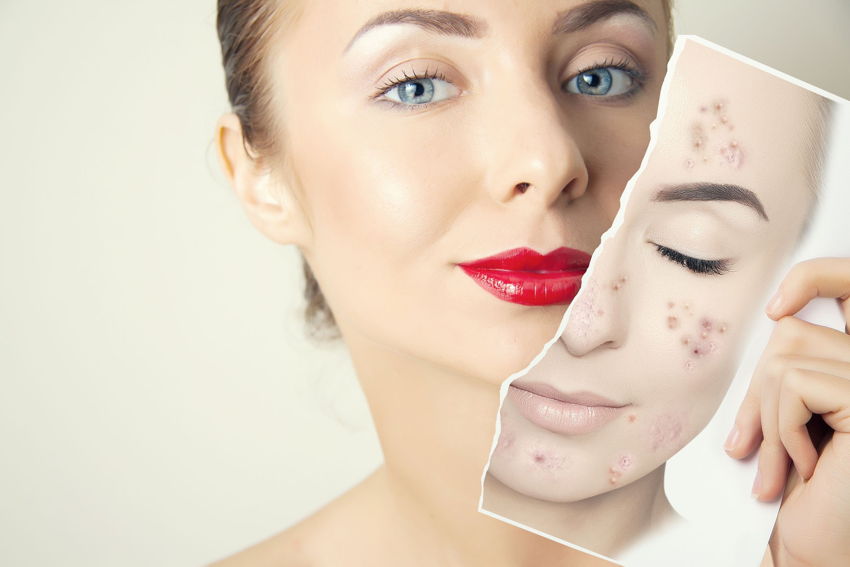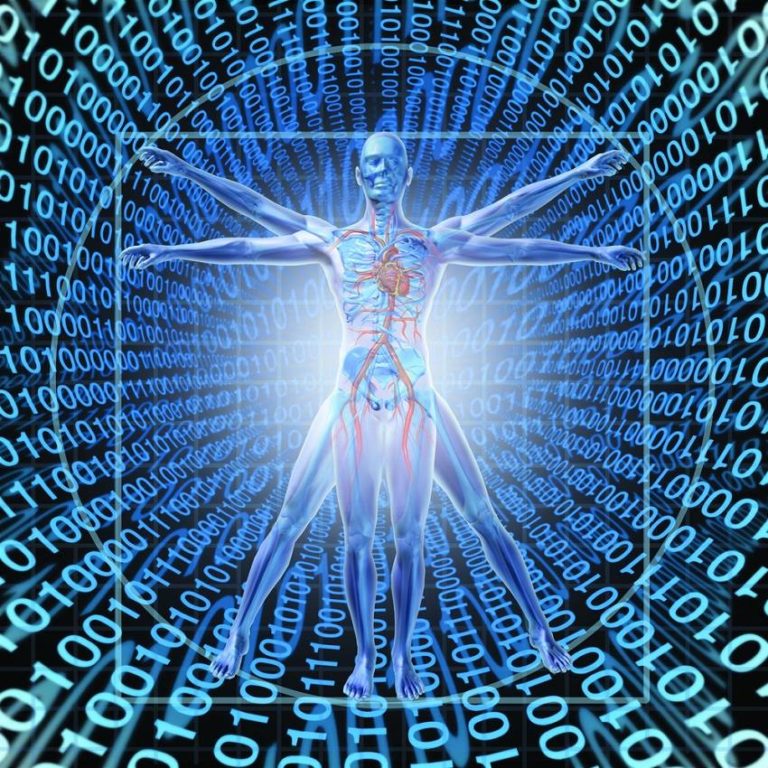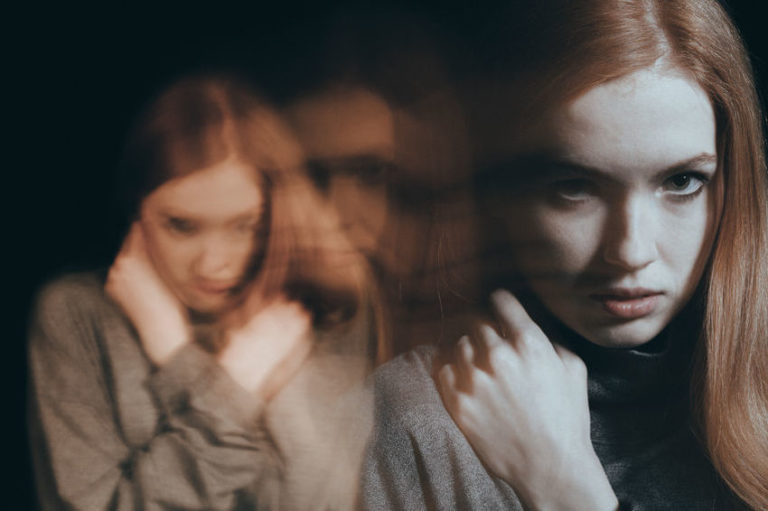Adult acne is particularly frustrating for its sufferers, who fantasized about the freedom of clear skin in their 20s and their reality seems to be something completely different.
Coming out of your teens, one thing everyone looks forward to is the regulation of hormones and escaping acne-prone skin. The horrors of waking up in the morning to a big, red, unwelcome guest should be a thing of the past. But for some, the breakouts just keep breaking and this is called adult acne.
Try as you might, it may seem like you just can’t escape these little red lumps of doom, even though you feel far too old to still be dealing with it. Adult acne can be especially difficult if you suffer from painful and cystic acne, as it seems impossible to get rid of and difficult to deal with on a regular basis.
Who is affected?
Adult acne occurs in both men and women but it is typically found in women much more than it is in men, with as much as 50% of women around the world suffering from adult acne in their post-teenage years, and these numbers appear to be rising. It can affect you from any age post-teens, but typically affects men and women between their 20s and 30s, in some cases into your 40s and 50s.
Why does it happen?
There seems to be no exact factor that influences adult acne, but factors such as nutrition, stress, exercise and vitamin deficiencies all seem to play a role in keeping this teenage problem haunting us into our 20s and 30s.
For women, one of the biggest contributors seems to be the menstrual cycle, pregnancy, and childbirth, with many women suffering from adult acne after the stress of childbirth and the changing hormones of pregnancy and breastfeeding.
In this way, it seems that hormones can be the most prominent reason for adult acne in women, where self-care seems to be the main issue within men.
It is also possible that adult acne is down to genetics. There are many genetic issues that can cause adult acne. In men, particularly, one of these causes is pili mutigemini, a common issue where you may have multiple hairs growing from one follicle. This can increase the risk of ingrown hairs and follicle infections (spots), which can cause breakouts at any time.
So, is there anything that we can do about it?
Grooming and hygiene are one of the best ways that you can control your skin. Get into the habit of washing your face in the morning and using products that are tailored to your skin type. It is also important that you never leave makeup on whilst you sleep, as this will clog your pores and lead to blackheads, which only exacerbates the issue.
Proper nutrition and exercise also seem to have a positive influence on adult acne. Exercise opens the pores and a hot shower afterward can clear the pores of sebum which causes spots. Proper nutrition provides you with the vitamins and minerals your skin needs to brighten and clear up, so following a healthy lifestyle isn’t just a plus for your physique!
Hormone fluctuations are, sadly, out of our control, but there are ways to keep them more regular. If you suffer greatly from adult acne, and it seems to follow your menstrual cycle, a GP or practitioner may suggest a form of oral contraceptive which can make both your skin and your hormones much more predictable.
One of the most successful treatments which can be bought is a sulphur scrub or face wash. Although the smell is off-putting, sulphur has been used through the ages as a successful skincare agent, having been documented right back into Egyptian times for treating eczema and dry skin. In the 50s, a foam was created as a facial cleanser and these products are still available today to help you clear your skin up for good.
The best advice we can give, however, is to consult your GP or Dermatologist is the problem is persistent or chronic, as they will better understand your skin and the problems you are experiencing.
Final Thoughts

Adult acne is a tough pill to swallow, especially in chronic and painful cases. Yet, hope is not lost. There are a number of home remedies that are available to counteract the problem, as well as products out there that have been seen to make an incredible difference.
If you suffer from adult acne, we hope we have given you some helpful tips in neutralizing the problem and stabilizing the condition of your skin. If problems persist, a trip to the dermatologist may be the best route to take in combatting those little red devils.
The most important thing is to not let adult acne affect your life. Beauty is, after all, only skin deep.
References:
- Dr. Doris J. Day – 100 Questions & Answers About Acne (Jones & Bartlett Learning)
- https://www.healthdirect.gov.au/
- https://medlineplus.gov/
- https://www.aad.org/
- https://www.ncbi.nlm.nih.gov/





ACNE is an embarrassing and burdensome problem to many and especially to teenagers. It is easy to feel that you don’t have control over your breakouts. But the fact is, you do. I’m NOT going to recommend you to see your dermatologist. No. It is not always necessary. Natural remedies are more powerful too. Sometimes, all your body needs is the right nutritional balance and proper skin care. Here are some easy things you can start doing today to help you heal your acne. You should notice a difference in about 4 weeks.
Apply a honey mask to your face once or twice a week – Honey has antibacterial properties & so it is great for disinfecting and healing minor blemishes. It is also gentle on sensitive skin.
Wash twice a day with acne soap – You should wash your face twice a day with a sulphur based soap designed for acne. Once when you first wake up in the morning and then, right before you go to bed at night. Be extremely gentle to your skin when washing – do not scrub or use any sort of rough cloth. Over washing your skin will actually stimulate your sebaceous glands to produce more sebum, thus increasing your acne.